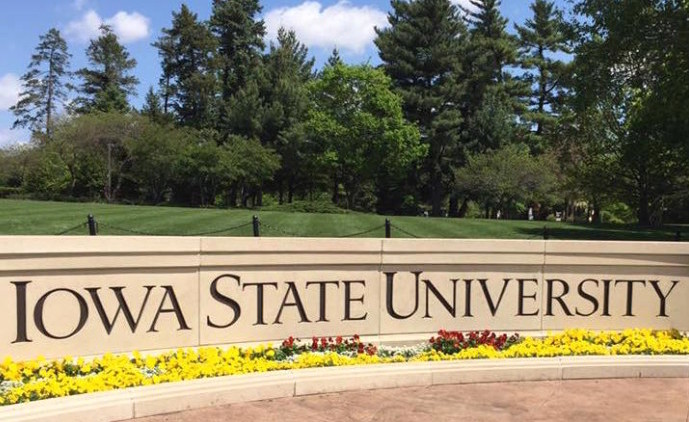2014 is shaping up to be the year of idiotic plagiarism accusations in political campaigns. Here’s a good example of real plagiarism: “Senator John Walsh of Montana took most of a 2007 final paper required for his master’s degree from the United States Army War College from other sources without proper attribution.”
In contrast, these common political actions are not plagiarism:
1. Having boilerplate language on a campaign website.
The National Republican Congressional Committee has alleged in a television commercial that IA-03 candidate Staci Appel was “caught plagiarizing 20 times.” No, an early version of her campaign website included political statements about the minimum wage and other issues that were similar to other Democratic campaign websites. That is no different from dozens of Republican candidates parroting the same talking points about how the tax code should be “flatter, fairer, and simpler,” or responding to a question about climate change with identical “I’m not a scientist” rhetoric.
2. Introducing similar or companion legislation.
Today the Republican Party of Iowa is pushing a bogus story about Bruce Braley “plagiarizing” a bill by Senator Harry Reid. Members of Congress introduce companion legislation to bills from the other chamber all the time. Republicans in dozens of state legislatures introduce bills that are taken verbatim from American Legislative Exchange Council (ALEC) drafts.
3. Sending out a newsletter composed largely by staff.
Today Andrew Kaczynski and Ilan Ben-Meir reported for Buzzfeed, “Passages of local paper pieces under [Joni] Ernst’s name appear to have been copied word-for-word from templates sent as guidelines to Republican members of the Iowa Senate.” What they describe is standard operating procedure for Iowa lawmakers in both parties. While some representatives and senators write their own weekly newsletters, many others rely on text prepared by legislative staff. Sometimes local newspapers will reproduce all or part of those newsletters. I don’t consider that “plagiarism.”
Some days it’s hard to see how our political discourse could get any more stupid or dishonest.
P.S. Speaking of dishonest, look how Joni Ernst’s hired gun Daid Kochel re-tweeted my comment about common practice in the Iowa legislature, just minutes after he pushed the Iowa GOP’s bogus plagiarism claims about Braley’s bill.
UPDATE: Political reporter Gavin Aronsen comments, “Not sure I agree on point 3, once it’s printed in a newspaper. Editors should reject that if it’s not words of stated author.” Point taken. But I blame lazy editors desperate for copy for that mistake, not politicians. Newspapers should not run a bulletin under an elected official’s byline if other lawmakers sent out virtually identical text.









